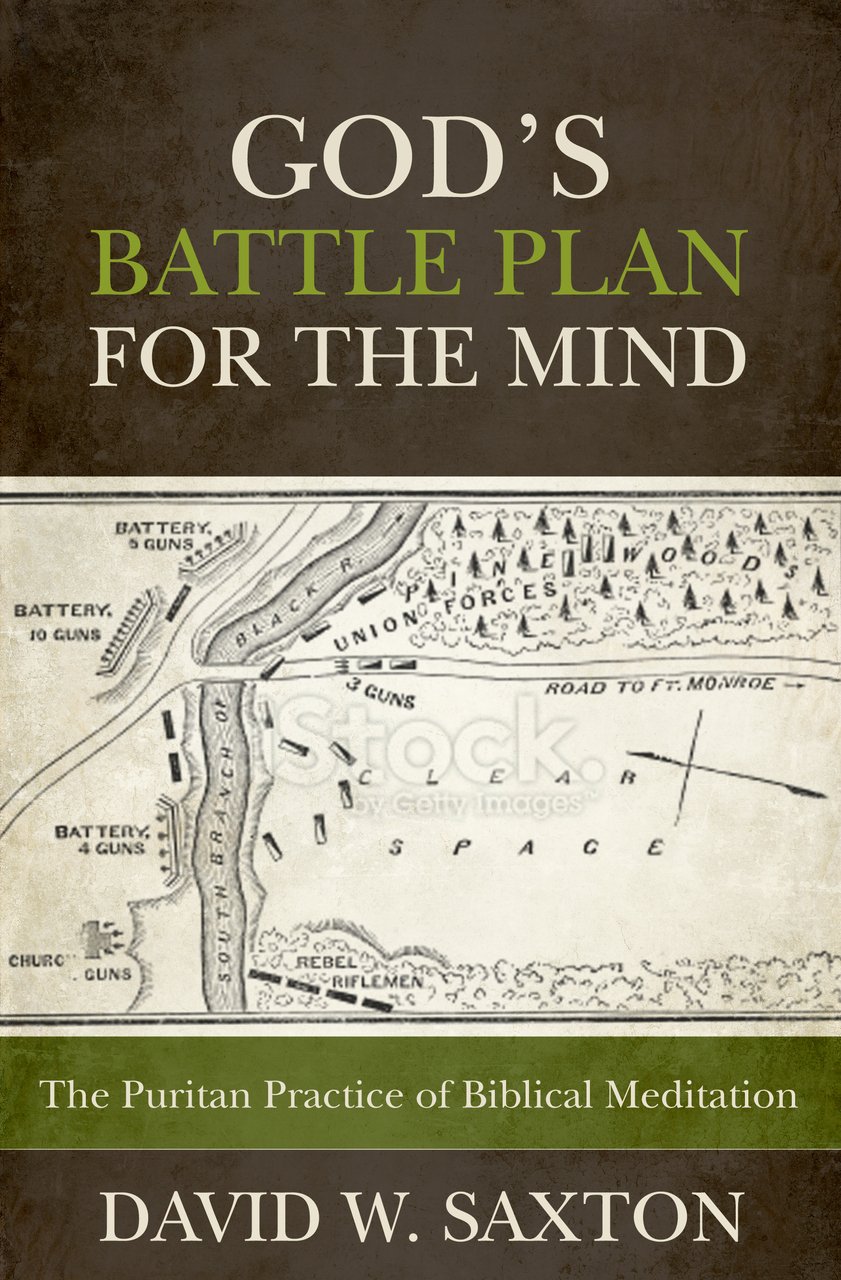One of the joys of blogging is free books. These books, though, were not free because of this blog but from the Amazon Vine Review program. I just thought I’d go ahead and share them here.
You should note, dear reader, that these are mainstream/secular published works. Unlike many of the books you will encounter on this blog, these are not at all worthy of consideration as faith-growers or enablers. Instead, these are part of engaging in the wider world and knowing a bit about the culture we live in. The vocabulary is closer to UPS than Chick-fil-A, so filter yourself.
First, Ghost Fleet
When I was in the 8th grade, I read Tom Clancy's Red Storm Rising, envisioning the World War 3 that we were almost ready to believe would not happen. I then read a few other books on the subject, such as General Sir John Hackett's The Third World War, which was much more dreadful. And much less engaging as a read.
Today, we do not truly picture the great NATO-USSR conflict of earlier generations. However, there remains a reasonable concern that while one area of the world absorbs our attention, other forces are waiting for an opportunity to come. That is the concern which Ghost Fleet taps into: what happens twenty years from now?
In an attempt to not spoil too much, it's hard to give a plot synopsis. I will say that I approached this expecting to see the US get sucker-punched, fall behind, and find a way to catch up. SPOILER ALERT: the US does just that. I'll let you read to see how, and determine for yourself the efficiency of the authors in this work. Plot-wise, then the overall plot is predictable. There are several subplots that were less predictable, and following those trails was enjoyable.
I also found the technical details fascinating. Some are forecast-type details, dreaming up where technology might be headed. That it's both good and bad should surprise none of us. The existing technology in play was also worth reading. The efforts to make a rail gun actually work, though, might seem a bit off--in the book, the Navy shelved the project because it didn't work, but I think recent news shows it working! That's the speed of technology up against the speed of publication, though. Some pieces of technology were just thrown in, though, and did not really serve to advance the plot very much. A couple of scenes, in particular, could have just been left out, as they needed more development to explain the ideas at work.
The characters were, for the most part, decently developed. Obviously, there were a few central individuals who were better clarified than others--and a couple that I think should have been developed and utilized more. The epilogue also draws out how the world changed on a personal scale for a few of the main characters.
The primary flaw I find in Ghost Fleet is that, while the opening balanced the tactical, up-close perspective, with a strategic, global view, the conclusion left the strategic out somewhat. I would have liked a little more of that.
In all, though, this was a good weekend read, with the pacing and viewpoint shifts of the technothrillers like Red Storm Rising or Larry Bond's Cauldron that I enjoyed so much back then.
The Three Emperors
This was my introduction the world of Ethan Gage. I now need to buy the six previous novels to truly fill out my grasp of the hero of this story!
First, there is always the challenge of jumping into a book series without doing your background work. I did not know anything about Gage, so there were some obvious gaps in my knowledge reading this one. He refers back, at times, to events that a new reader will not understand. That's the price you pay.
Second, the historical setting works. I have read a decent amount of both non-fiction and fiction in this era, having devoured works like Forester's Hornblower series as well as just loving to read history. (I don't always remember it well, but I love to read it.) It was a time of chaos and superstition, alongside the science and open religion. Dietrich portrays this well.
Third, the plot is good. There are the competing and complementing needs to both stop the bad guys and reunite the family. These weave together nicely. As Dietrich pulls in some of the fantasy-type elements, the world does get a little bizarre, but you're reading a novel, not a history book.
Is it worth your time? I think so. But it's also expensive, because now I've got to go back and pick up all six prior Ethan Gage novels, because I'm intrigued.





